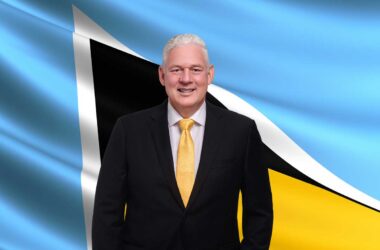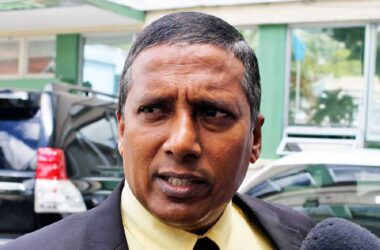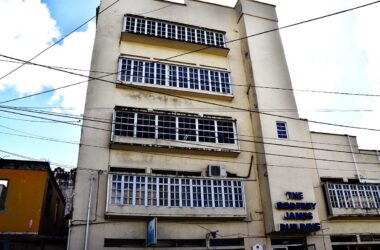ST. GEORGE’S, Grenada, Nov 25, CMC – Prime Minister Dr. Keith Mitchell has promised a post mortem examination of Thursday’s referendum where voters rejected all seven bills that would have resulted in a reform of the 1974 Constitution.
“Definitely we will be reviewing the entire process that led us to this point and making a conclusion which will be told to the people,” he said.
Preliminary figures released by the Parliamentary Elections Office showed that while more than 70,000 people were eligible to vote on Thursday, less than 25,000 did so.
Mitchell said he did not regard the outcome as a defeat for his ruling New National Party (NNP) that had won all 15 seats in the last general elections.
One of the bills rejected had called for the appointment of an Opposition Leader, but according to the preliminary figures, only 6113 supported the idea as against 15, 473 who voted “no”.
Voters also turned down the opportunity to replace the London-based Privy Council with the Caribbean Court of Justice (CCJ) as the island’s final court.
Supervisor of Election, Alex Phillip, said that the Caribbean Court of Justice and other Justice related matters Bill received 43 per cent support while 57 per cent of the voters were against the Bill. He said in terms of votes, 9,634 people voted in favour of the CCJ while 12,605 did not support the court that was established in 2001 and also functions as an international tribunal interpreting the Treaty of Chaguarmas that governs the 15-member regional integration movement, CARICOM.
CCJ President, Sir Dennis Byron, said he had “hoped to be in a position to welcome Grenada to the Appellate Jurisdiction of the CCJ but I am very respectful of the decision that has been made by the people of Grenada”.
Antigua and Barbuda is due to hold a referendum next year on the CCJ and in a statement, Friday, Dr. Clarence Henry, the head of the National Coordinating Committee, said the “people of Grenada have spoken loudly and with much clarity, that they do not wish to have any amendment to their Constitution at this time”.
He said what is “however, noticeable about the CCJ Bill is that it contained other clauses in addition to the clause that provided for the replacement of the Privy Council.
Henry said that as a result “it is extremely difficult to conclude that the electors in Grenada voted against the CCJ. They could have wanted the CCJ, but did not want the contents of any or all of the other clauses to be included in the Constitution.
“We in Antigua and Barbuda have taken a totally different approach. The people of Antigua and Barbuda will be asked one question in the simplest of ways -should we replace the Privy Council with the Caribbean Court of Justice?
“There will not be any other Bills or other clauses in the Bill that will confuse or burden the electorate in Antigua and Barbuda,” he said, adding that his committee would continue its educational drive throughout the country.



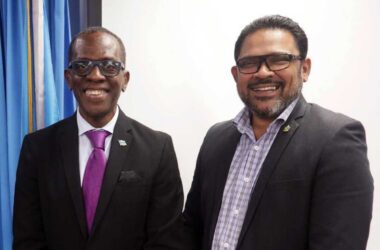
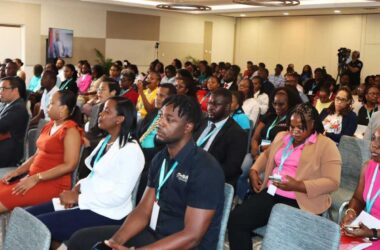
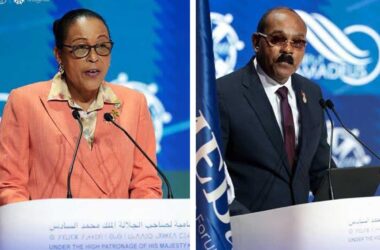
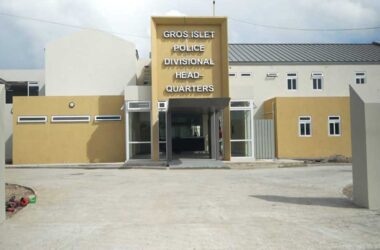

![ECCO Head Office in Saint Lucia [Photo credit :ECCO]](https://thevoiceslu.com/wp-content/uploads/2025/11/ECCO-Head-Office-in-Saint-Lucia-380x250.jpg)

![Dr Godwin Friday - Newly elected Prime Minister of SVG [Photo credit : The St Vincent Times]](https://thevoiceslu.com/wp-content/uploads/2025/11/Dr-Godwin-Friday-380x250.jpg)
